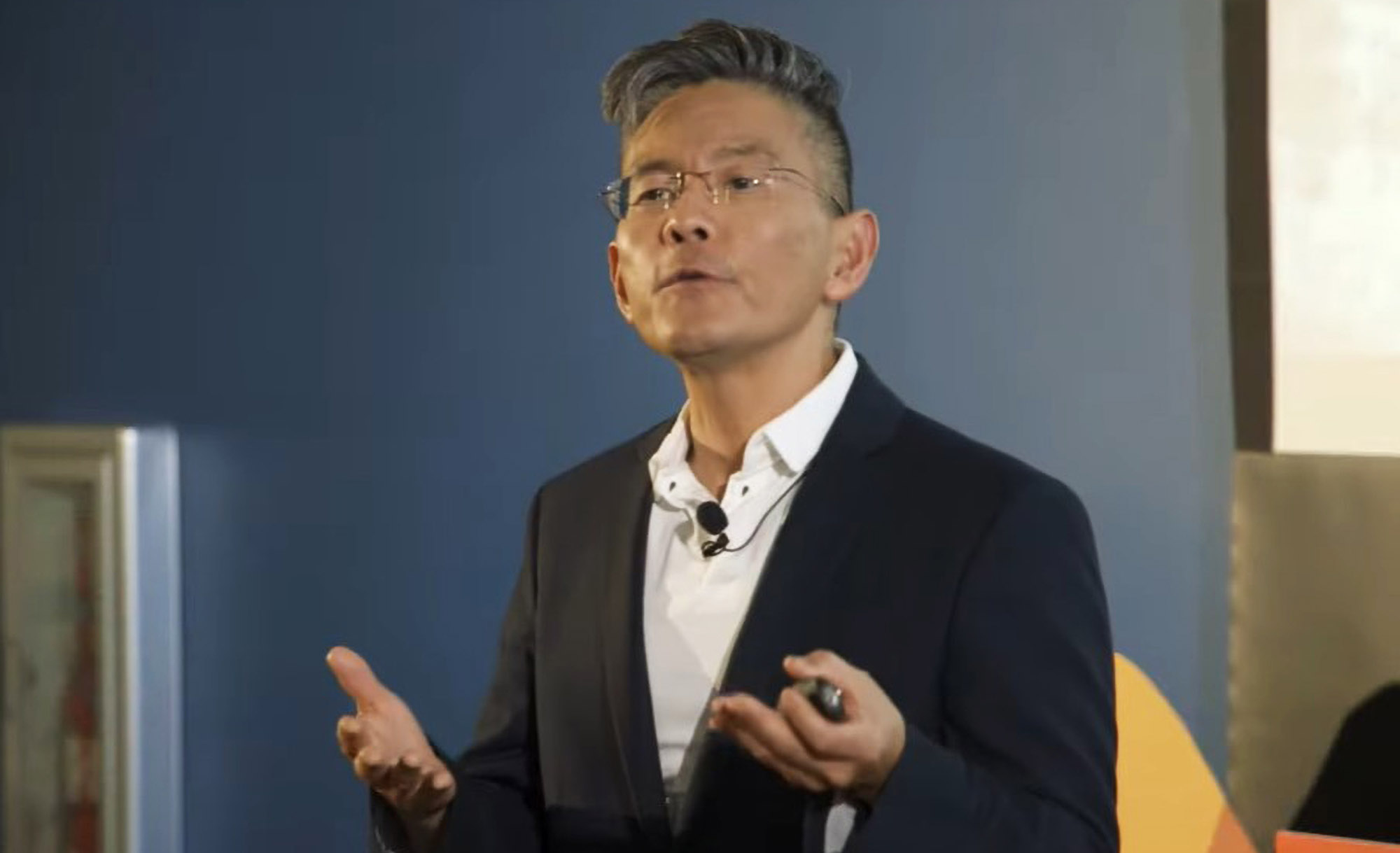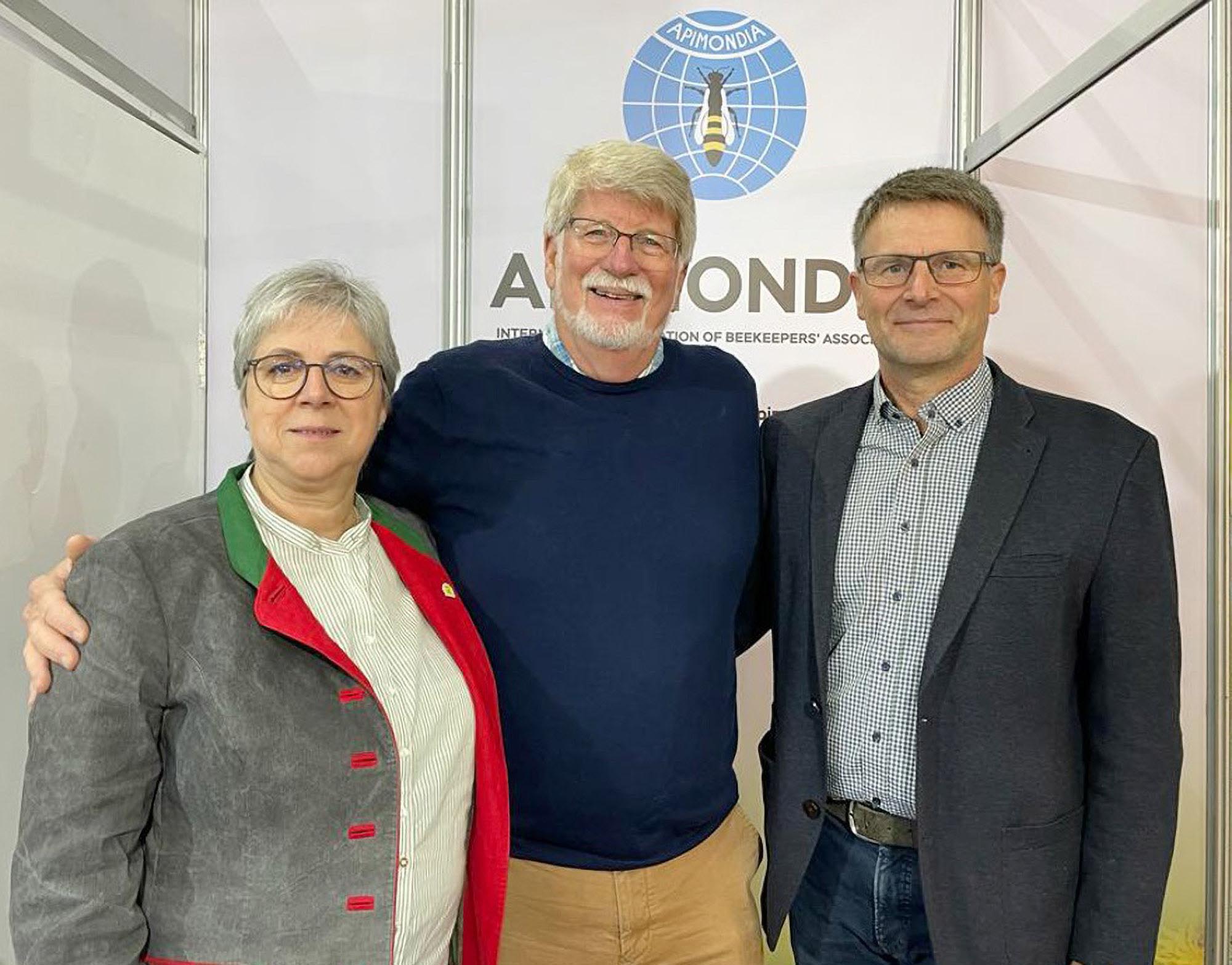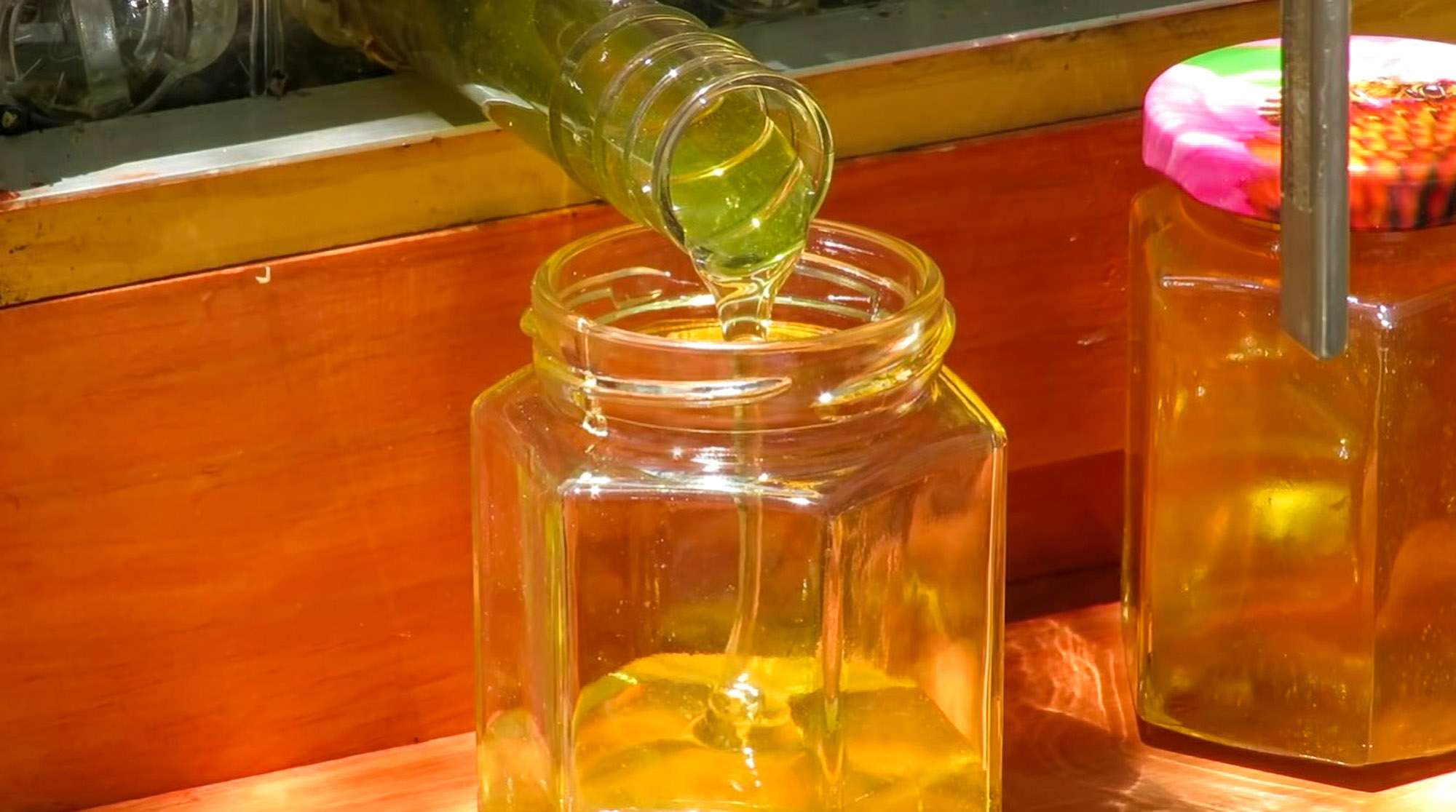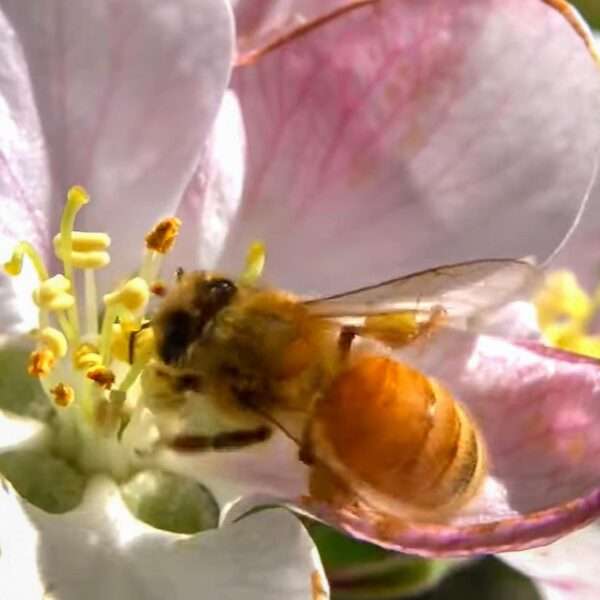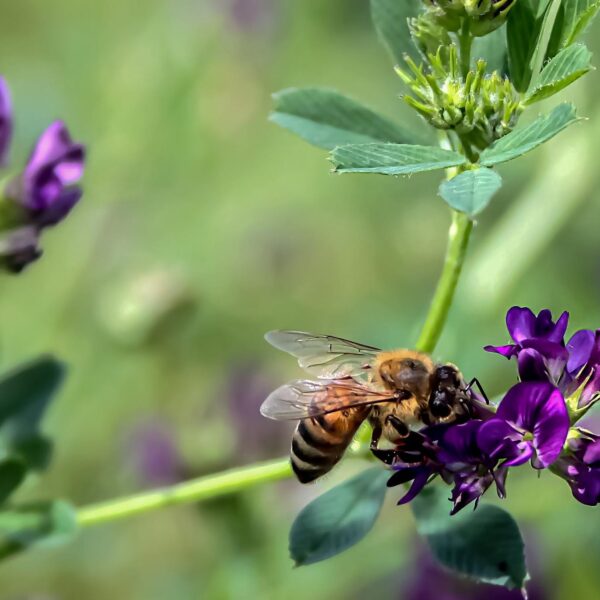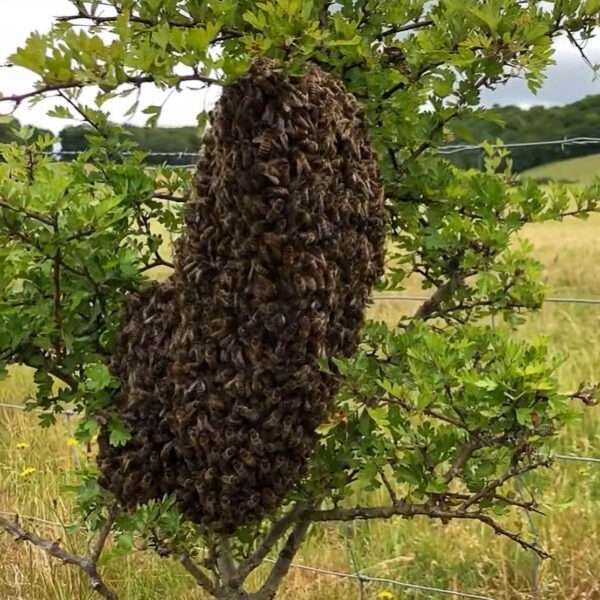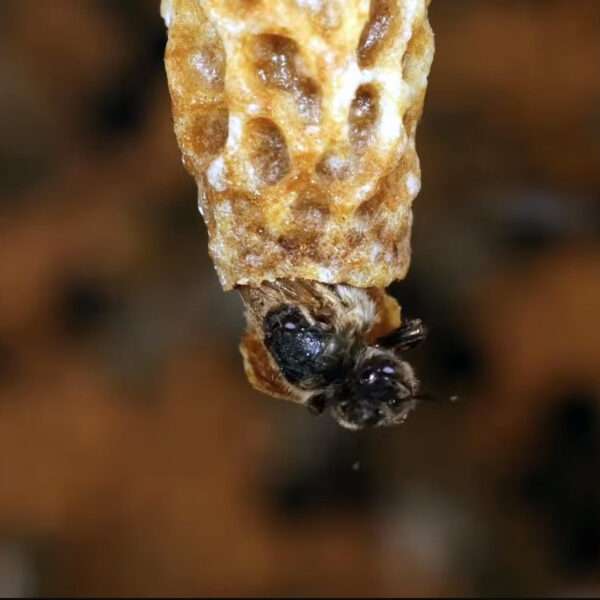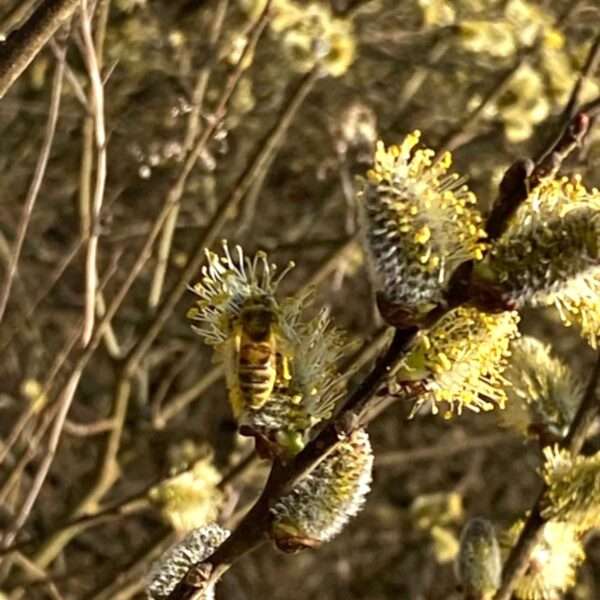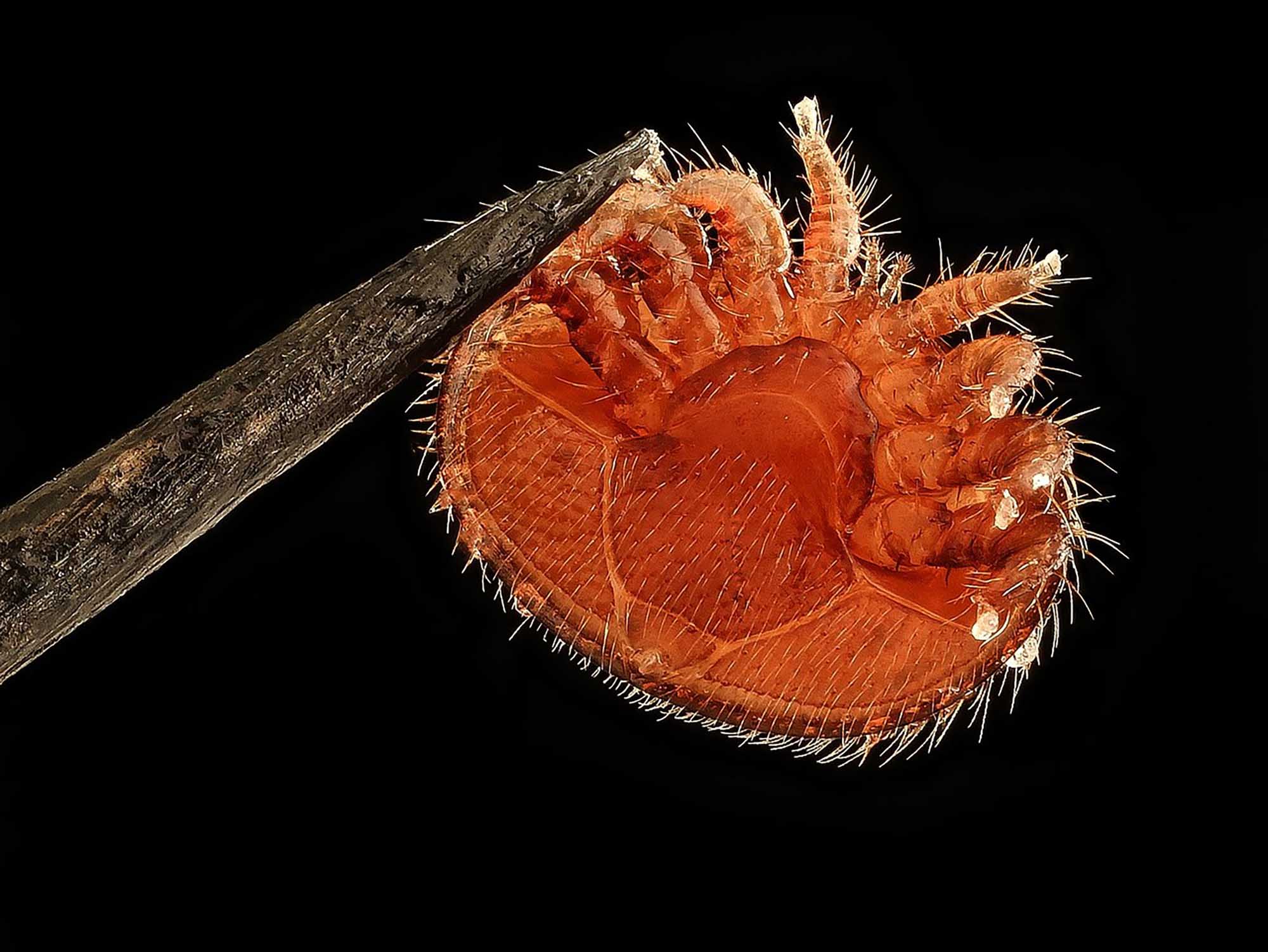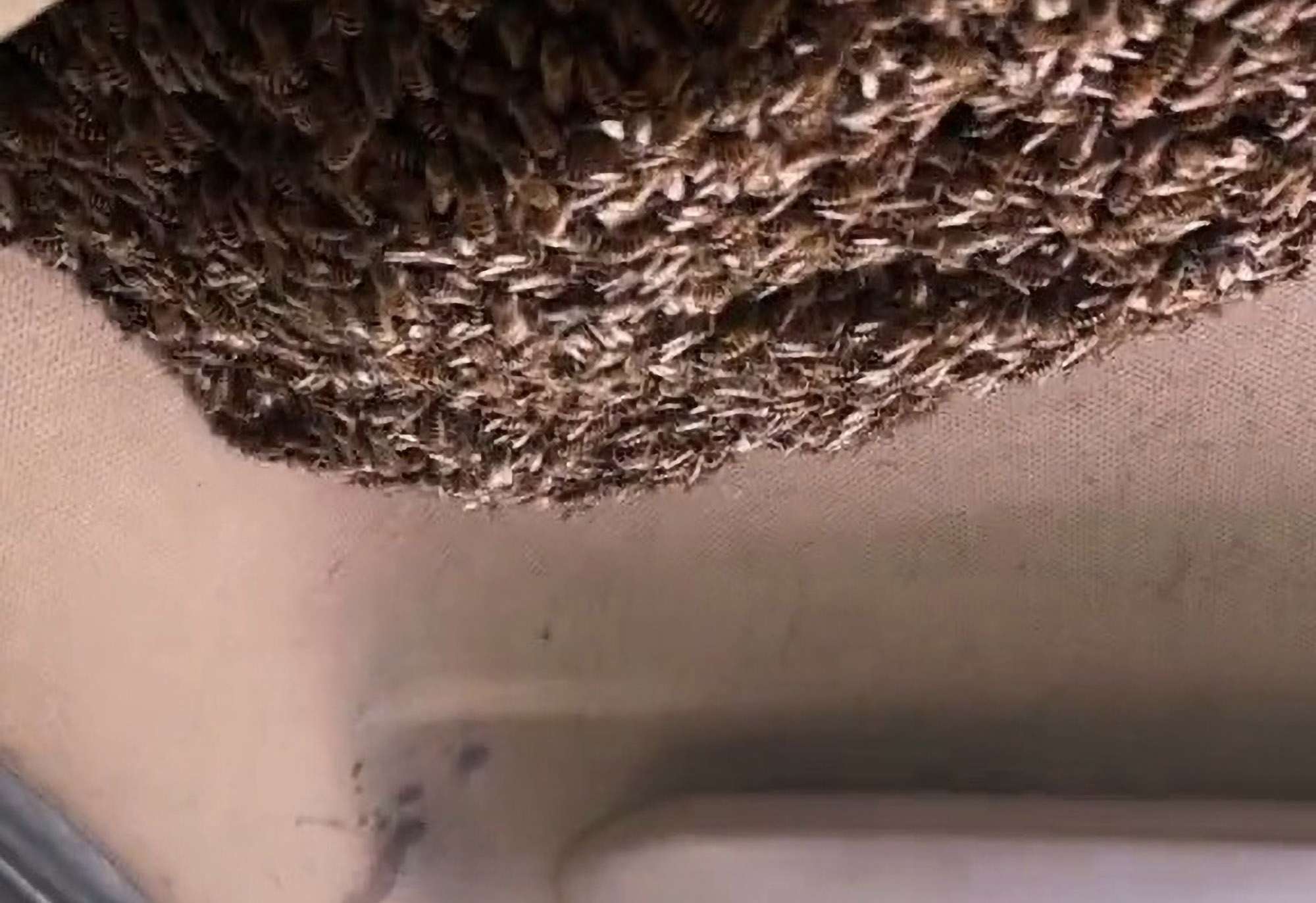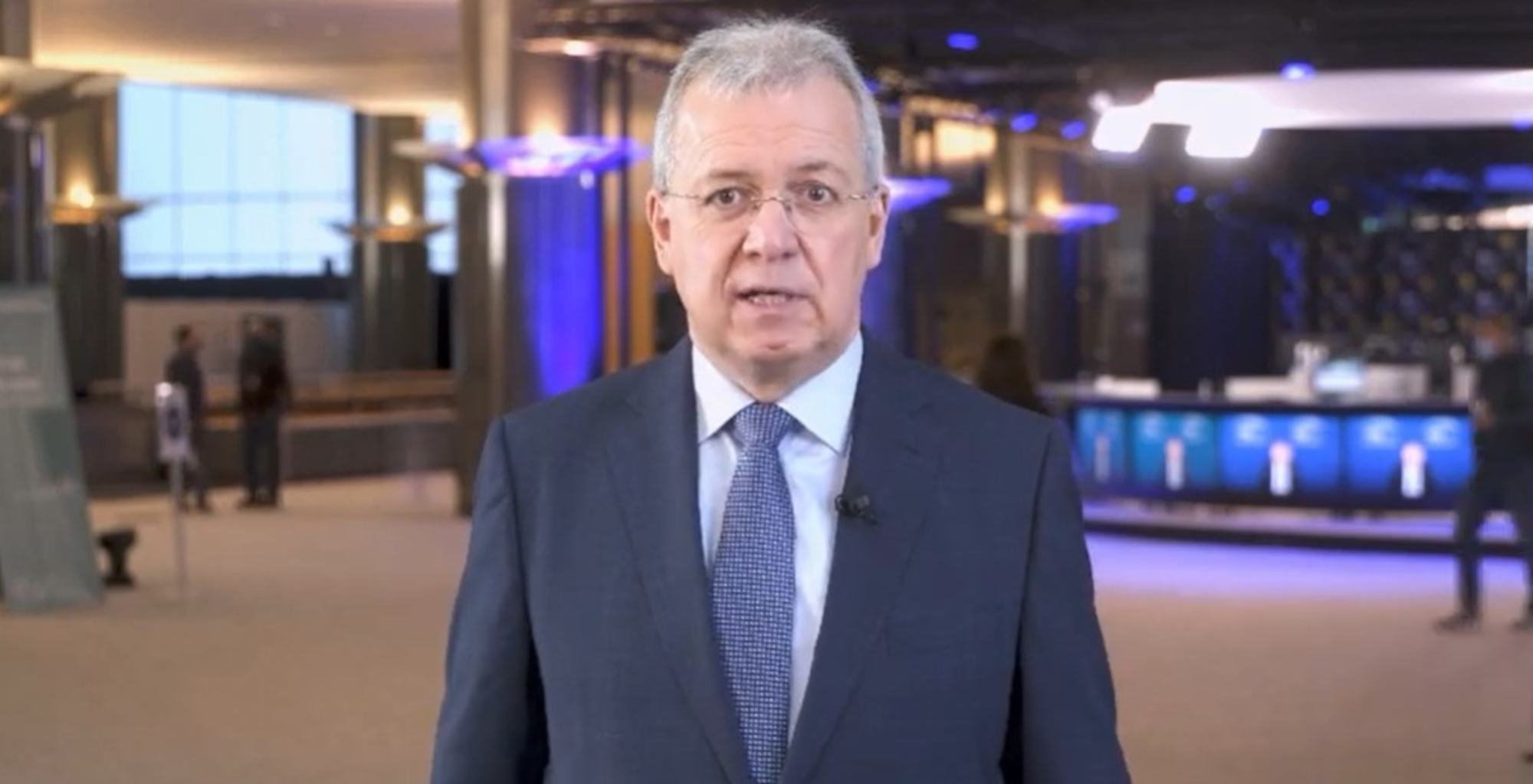A renowned ecologist has outlined why San Diego’s decision to join a bee conservation initiative could have a significant impact on biodiversity.
San Diego Council recently revealed its decision to make the Californian city the latest member of Bee City USA, a non-government association which promotes the protection of habitats all over the country.
Now Prof James Nieh from the University of California has elaborated on the potentially positive impact the move could have.
The expert on ecology, behaviour and evolution from the School of Biological Sciences in San Diego told the San Diego Union-Tribune: “This is a biodiversity hotspot containing a greater diversity of life than any other county in the continental United States.”
Prof Nieh also emphasised that San Diego County features the greatest number of plant and animal species threatened by extinction in the United States.
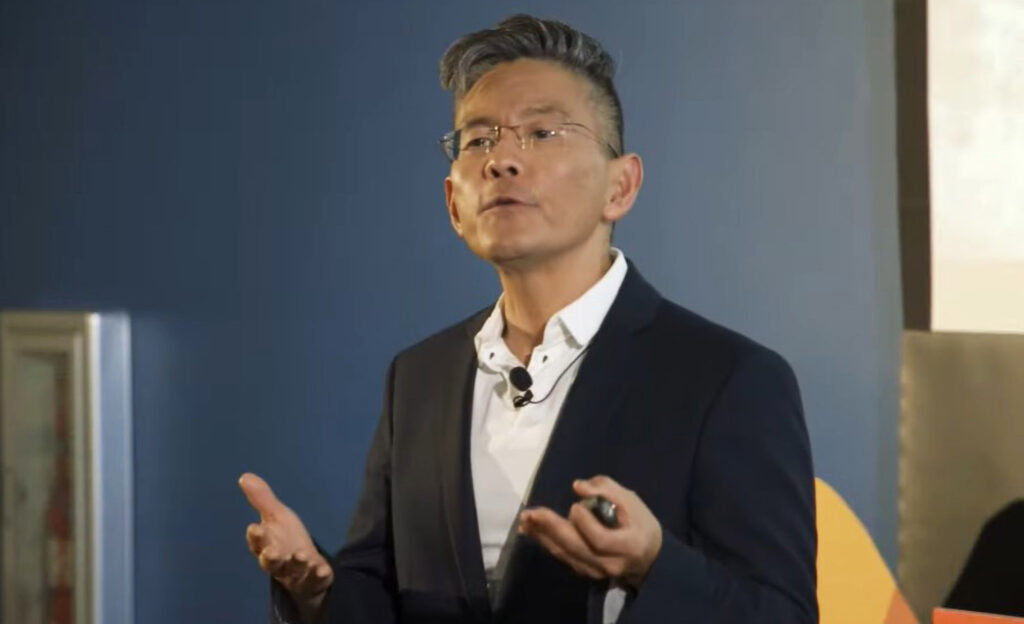
Joe LaCava, a Democratic member of the San Diego Council, has been one of the driving forces of the city’s Bee City USA engagement.
Environmentalists hope that the initiative will lead to a reduction in pesticide usage and the creation of more rooftop gardens. Californian media speculate it could also strengthen efforts to increasingly focus on sustainable tourism in the city which has more than 1.37 million inhabitants.
More than 150 cities and towns have already joined the Bee City USA project. Its organisers pointed out that there are more than 3,600 native bee species in the United States.
They explained: “Native pollinators are particularly important because they evolved alongside native plants and in many cases are the most effective pollinators and, in a few cases, the only pollinators.”
In a fact sheet, Bee City USA highlighted the ongoing habitat loss and stressed that pollinators are “keystone species” in every terrestrial ecosystem around the world.
Speaking about the circumstances in San Diego, Bee City USA coordinator Laura Rost told the San Diego Union-Tribune: “Every city looks different and special. We want you to be as unique as your native plants. We really encourage our affiliates to think outside the box.”

